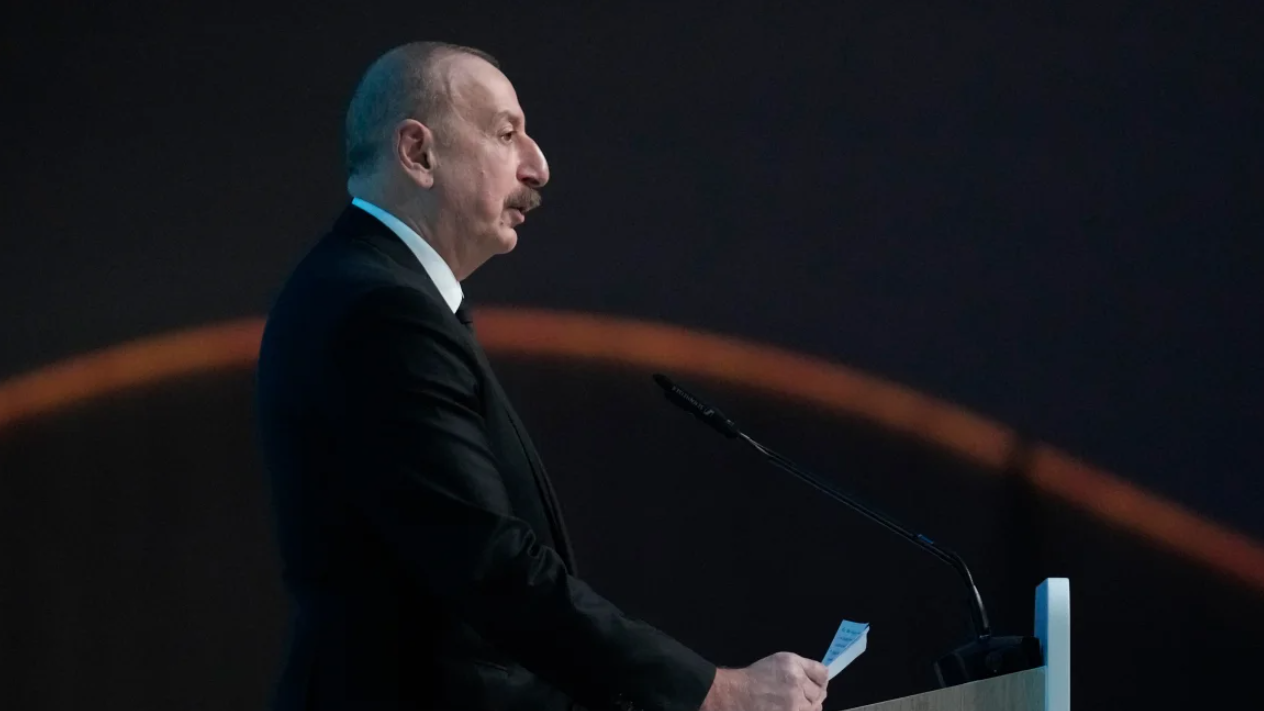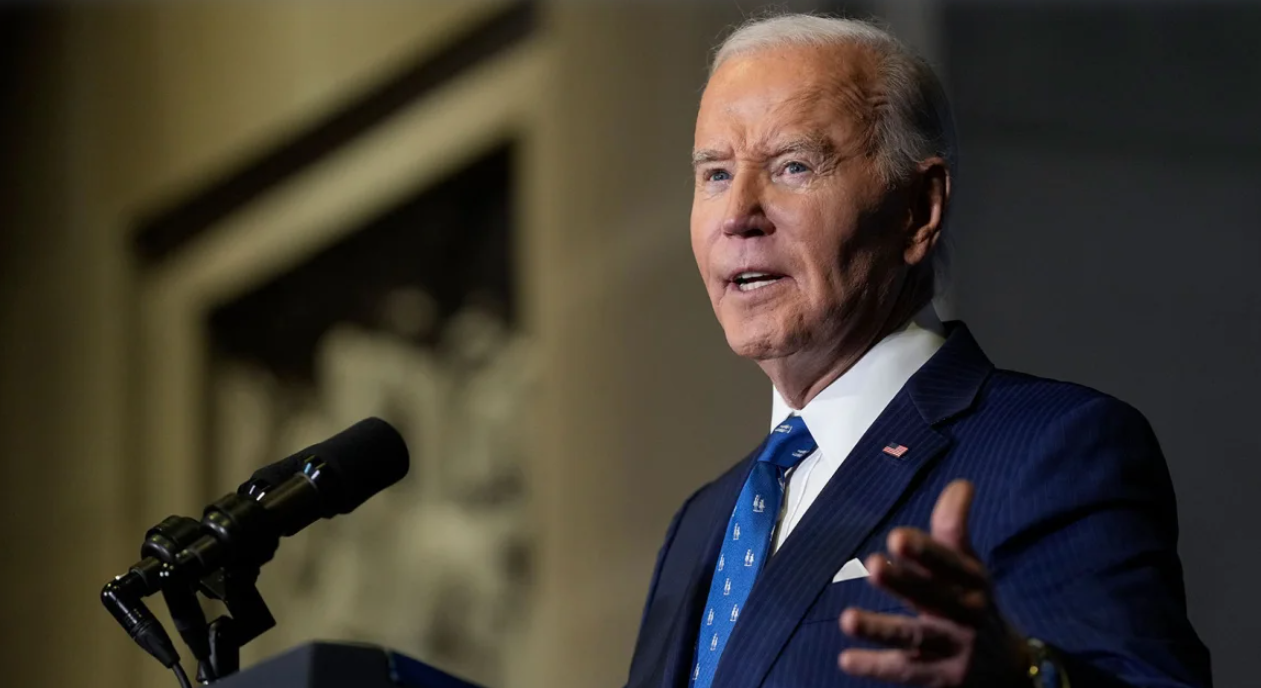After sharp criticism from anesthesiologists, an insurance company is halting its plan to limit the amount of time it would cover anesthesia used in surgeries and procedures. Anthem Blue Cross Blue Shield said on Thursday it would no longer move forward with the policy change.
“There has been significant widespread misinformation about an update to our anesthesia policy. As a result, we have decided to not proceed with this policy change,” the company said in a statement. “To be clear, it never was and never will be the policy of Anthem Blue Cross Blue Shield to not pay for medically necessary anesthesia services. The proposed update to the policy was only designed to clarify the appropriateness of anesthesia consistent with well-established clinical guidelines.”
Anthem Blue Cross Blue Shield insurance representing Connecticut, New York and Missouri had previously said that, starting in February, it would deny any claims for anesthesia services that exceeded specific time limits set for surgeries and procedures.
Anthem had said the change was part of an effort to make health care more affordable by reducing overbilling for anesthesia.
One major professional group of anesthesiologists called for the company to reverse what it called an “unprecedented move,” saying it’s egregious and uninformed.
“Anesthesiologists provide individualized care to every patient, carefully assessing the patient’s health prior to the surgery, looking at existing diseases and medical conditions to determine the resources and medical expertise needed, attending to the patient during the entire procedure, resolving unexpected complications that may arise and/or extend the duration of the surgery, and working to ensure that the patient is comfortable during recovery,” the American Society of Anesthesiologists said in a statement.
The company had previously said the standards it would use to determine how long a surgery should last were consistent with industry standards and formulas set by the American Society of Anesthesiologists. Maternity-related care and pediatric services for patients younger than 22 were to be excluded from the change.
Anesthesiologists said Anthem’s policy would have added a significant amount of undue strain to providers and patients and reflects a great misunderstanding of how things work in the operating room.
Dr. Gordon Morewood, vice chair for the American Society of Anesthesiologists’ Committee on Economics, recently participated in a meeting between the society and Anthem executives.
He said that experts tried to explain the way anesthesia billing works — that one specific billing code could be used for nearly 200 different procedures, leaving great variability in the amount of time needed under anesthesia — and learned that Anthem hadn’t audited claims and didn’t have any evidence that there was a problem that needed to be fixed.
“It’s a cynical exercise in figuring out a way to reject more claims initially, knowing that a number of those are just going to fall off and never be paid,” Morewood said.
It would be extremely difficult for anesthesiologists to bill for unnecessary time, especially in operating room settings where many detailed time stamps are recorded and with the help of automated electronic health records, experts say.
Any additional time under anesthesia is usually related to ensuring that patients are safely cared for, such as securing a safe airway, or responding to physiologic changes that may occur because of the surgery, such as blood pressure or respiratory changes, said Dr. Rick van Pelt, a board-certified anesthesiologist and chief clinical transformation officer at the University of Alabama at Birmingham Hospital.
“This approach (by Anthem) reflects a profound lack of understanding of the role of the anesthesiologist in providing safe, high-quality care to patients as an integral member of the surgical care team,” he said. “While no anesthesiologist would intentionally compromise on the care they provide, it is inevitable that unwarranted time pressure will increase the risk of adverse medical events and patient harm.”
Anesthesiology is often a top fear for surgical patients and adding uncertainty around insurance coverage threatens trust in a vulnerable moment, said Morewood, who is also chair and professor of clinical anesthesiology at Temple University’s Lewis Katz School of Medicine. Reassuring patients about insurance concerns can take away from time spent explaining the risks and benefits of the actual medical care.
“Oftentimes you’re meeting your anesthesiologist on the day of surgery. And yet, this is someone in whom you are literally putting your life in their hands. They are responsible for your continued existence on this planet an hour, two hours, six hours from now. So that’s a very charged environment,” he said. “To have insurance companies saying, ‘Okay, the meter is going to run out after an hour and a half’ is just unconscionable.”















Leave a Reply